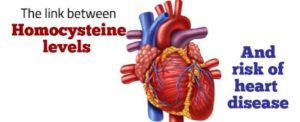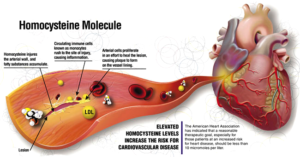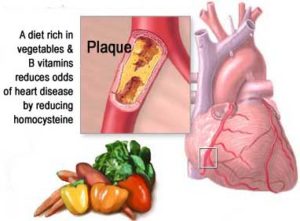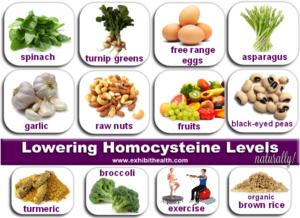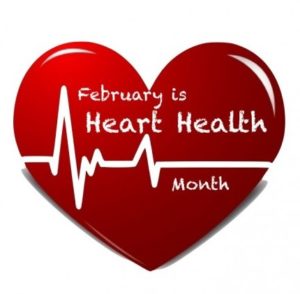Homocysteine is a common amino acid in your blood. You get it mostly from eating meat. High levels of it are linked to early development of heart disease.
In fact, a high level of homocysteine is a risk factor for heart disease. It’s associated with low levels of vitamins B6, B12, and folate, as well as renal disease. Research has shown, however, that getting your homocysteine levels down with vitamins doesn’t reduce your chance of having heart disease.
How Does Homocysteine Increase Heart Disease Risk?
There does appear to be a relationship between high levels of homocysteine and artery damage. That can lead to atherosclerosis (hardening of the arteries) and blood clots. Arteries filling up with blockages
Studies have shown that high levels of homocysteine are caused by a lack of nutrients in the diet, particularly the B group of vitamins. Without these essential vitamins your body is unable to produce the enzymes necessary to remove homocysteine efficiently from your blood. Homocysteine will cause damage to your arteries when present in very high concentrations.
Other causes may include aging, drug and alcohol use, impaired kidney function, problems with B12 absorption, smoking and obesity.
Do I Need to Have My Homocysteine Level Checked?
Can High Homocysteine Levels Be Prevented?
A lack of B Vitamins leads to elevated homocysteine levels which is why vegetarians are particularly at risk due to the lack of meat in their diets. Fortunately the situation is easily treatable. In the late 60’s Dr. Kilmer McCully determined through extensive research that taking adequate amounts of folic acid (vitamin B9), along with vitamins B6 and B12 will help homocysteine levels normalize.
If you have high homocysteine levels, talk to your doctor about how to change your diet.
Don’t Forget:
